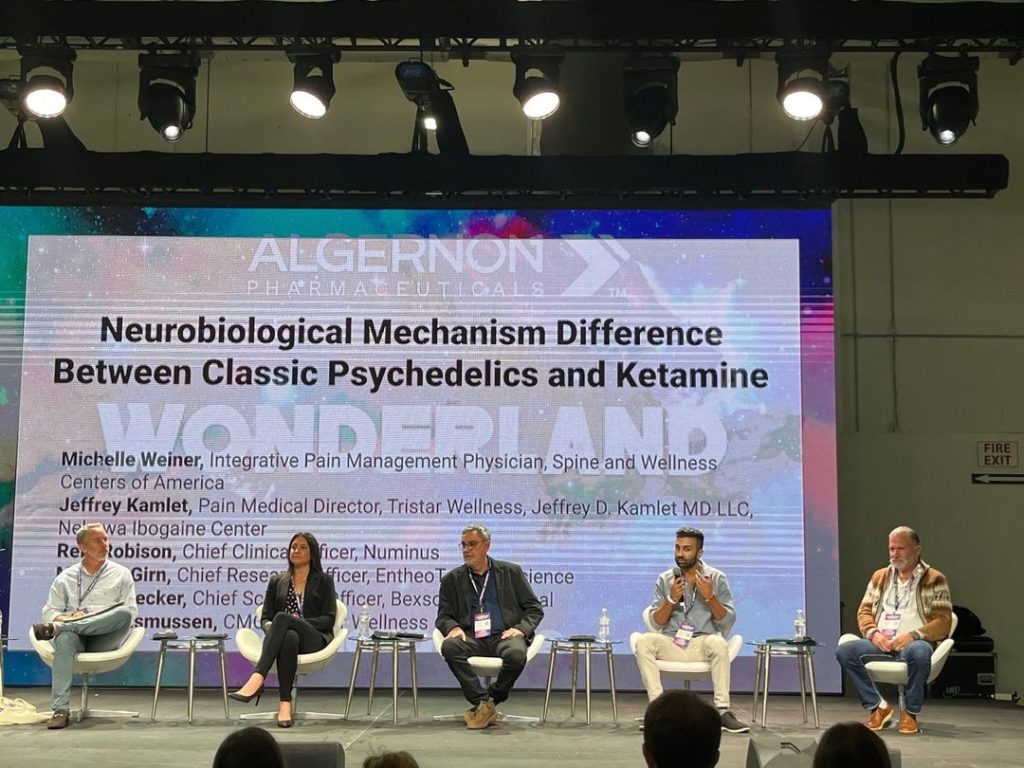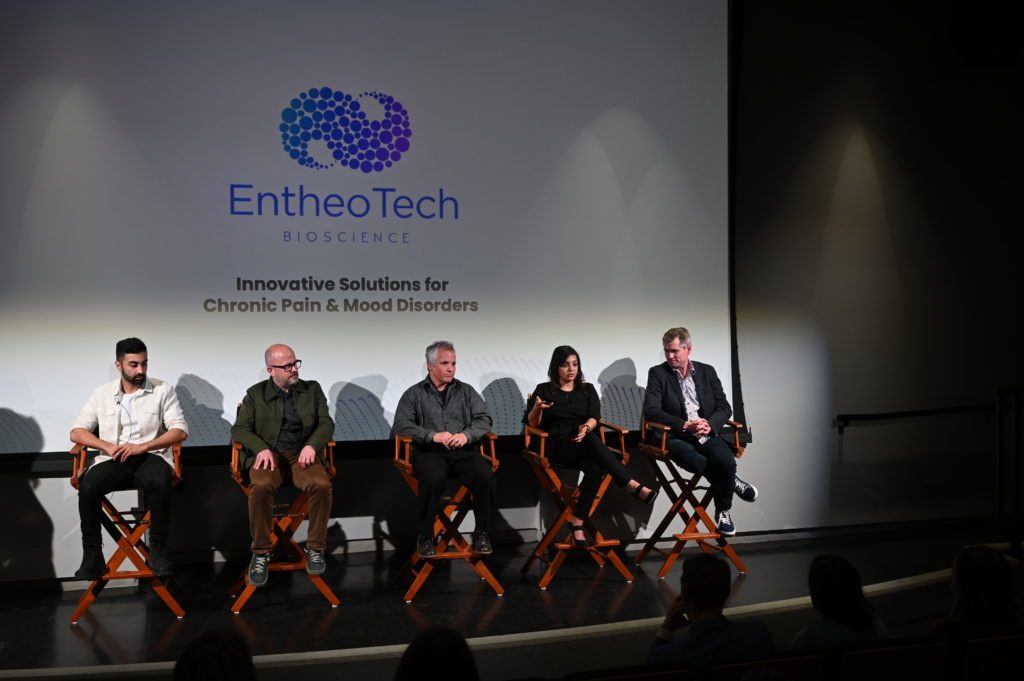Many of us have heard the idea that depression is a result of reduced levels of serotonin in the brain. Or, at the least, that this disorder is caused by some kind of brain chemical imbalance. Survey studies have found that this idea is indeed widely prevalent in the general public1, and it has been frequently promoted in the mainstream media and in the marketing of pharmaceutical companies2,3.
A recent paper, however, conducted a comprehensive review of all of the studies that have evaluated whether reduced serotonin is related to depression and found that the evidence just does not support it. This ‘umbrella’ review looked at a variety of types of studies, each of which represents a particular way of (indirectly) measuring serotonin levels or activity in the brain. These included the amount of serotonin breakdown products in brain fluids, the number of serotonin receptors in depressed peoples’ brains, the effects of artificially lowering serotonin in non-depressed people, and massive studies looking at genetic differences between depressed and non-depressed people.
All in all, the authors found that, across the many studies in each of these categories, there was either no evidence that reduced serotonin levels are linked to depression, or that there were weak and inconsistent effects that are hard to interpret. In essence, they found that research spanning multiple decades and thousands of research subjects showed no reliable evidence that reduced serotonin levels can be linked to depression. There was even evidence that long-term antidepressant use might be associated with reduced rather than increased levels of serotonin.
Although this may all come as a shock to some, many leading psychiatrists and researchers were somewhat dismissive of the conclusions of this paper – essentially saying “Duh, this is nothing new – we’ve known this for a long time”4. And this is true – studies as early as 1974 were questioning the chemical imbalance theory of depression and arguing that it’s not enough to account for this complex disorder5. This was also acknowledged in the 1999 edition of the official textbook of the American Psychiatric Association, which explicitly stated that there was no reliable evidence linking low levels of serotonin or other neurotransmitters to depression6.
The fact that this idea has persisted in the general public despite being long rejected by psychiatrists suggests a major educational disconnect – psychiatrists need to do a better job educating the public and conveying the current state of knowledge. Another reason for the continued prevalence of this idea is the marketing of pharmaceutical companies. These companies routinely incorporate chemical imbalance related ideas to justify and promote their drugs, often carefully phrasing things in a way that’s vague enough to avoid being characterized as ‘misinformation’ by the FDA and other regulatory bodies3. These shady tactics in the absence of wide-spread public pushback from psychiatrists has misled the public for decades – in a manner that may justify class action lawsuits7.
All of this said, however, it is still the case that serotonin-related antidepressant drugs do seem to be an effective short-term option for most individuals suffering from moderate-severe depression. It’s important to point out that the efficacy of these drugs (do they work?) is independent of our theories about them (how do they work?). A main take-away here, therefore, is that we do not truly understand how these drugs work, and that this fact should be common knowledge so that individuals can make informed decisions on whether to take them or not.
One last thing to mention is that depression isn’t ‘one thing’ – there are a variety of types of depression and each of which can arise and manifest in widely different ways. It may still be the case that a specific subset of individuals with depression have lower serotonin levels. More research is certainly needed to evaluate this. But we can say that the serotonin or chemical imbalance theory of depression as usually described should certainly be a thing of the past – a scientific hypothesis that did not hold up when scrutinized.
Written by EntheoTech’s Chief Research Officer, Manesh Girn
References
- https://ajp.psychiatryonline.org/doi/full/10.1176/appi.ajp.2010.09121743
- https://link.springer.com/article/10.1007/s12115-007-9047-3
- https://journals.plos.org/plosmedicine/article?id=10.1371/journal.pmed.0020392
- https://www.sciencemediacentre.org/expert-reaction-to-a-review-paper-on-the-serotonin-theory-of-depression/
- https://jamanetwork.com/journals/jamapsychiatry/article-abstract/491112
- S. Dubovsky. “Mood Disorders,” in Textbook of Psychiatry, edited by R. Hales, third edition (Washington DC: American Psychiatric Press, 1999): 516.
- https://www.madinamerica.com/2022/08/psychiatry-fraud-and-the-case-for-a-class-action-lawsuit














